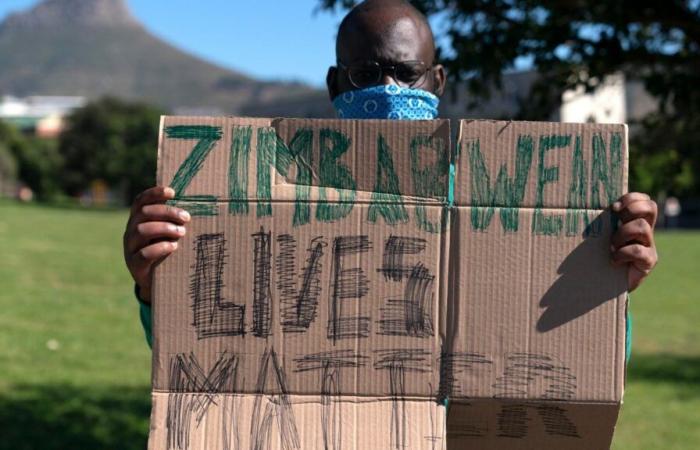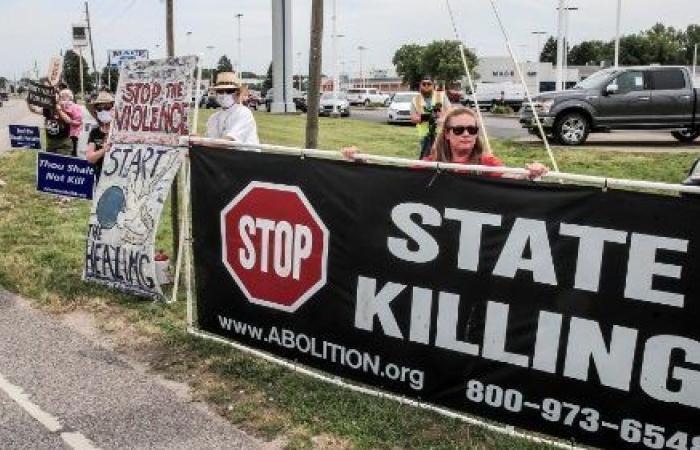Since December 31, 2024, Zimbabwe has been the 30th African country to abolish capital punishment. Father Tryvis Moyo, secretary general of the Zimbabwe Catholic Bishops’ Conference, believes that a change in “the understanding of the concept of justice” in the country contributed to the decision.
Kielce Gussie – Vatican City
In July 2005, a man was executed in Zimbabwe: convicted of murder, he was hanged for his crime. An execution which will remain known as the last in Zimbabwe since almost 20 years later, on December 31, 2024, President Emmerson Mnangagwa signed the law on the abolition of the death penalty, making Zimbabwe the 30th African country to end capital punishment.
A long road to abolition
Since Zimbabwe’s independence in 1980, at least 79 people have been executed. But before the new law, the country experienced two decades without state executions, and the secretary general of the Zimbabwe Catholic Bishops’ Conference, Father Tryvis Moyo, argues that this was due to social change. Indeed, during this period, at least 15 African countries, including Rwanda, Sierra Leone and Zambia, abolished the death penalty. Zimbabwe has gradually joined its neighbors in firstly limiting its application. For example, in 2013, the country’s new Constitution banned capital punishment for women and anyone under 21 as well as over 70. However, it was not until several factors came together that the country became officially abolitionist.
Change of perspective
Father Moyo says these factors include the fact that Zimbabwe is a signatory to the Universal Declaration of Human Rights and that there has been a change of government. In 2017, then-President Robert Mugabe was impeached and Emmerson Mnangagwa, a man who had been sentenced to death during the war for independence in the 1960s, took power. The general secretary of the Episcopal Conference emphasizes that “Zimbabwean people have a greater appreciation of the sanctity of life and justice systems“. In a country where 85% of the population is Christian, Father Moyo describes a growing awareness of the existence of many other forms of punishment beyond the death penalty, where “the sanctity of life must be preserved».
-Lead by example
Although Zimbabwe is not the first country on the African continent to abolish the death penalty, Father Moyo argues that the move will have an effect on other nations that continue to support it. “It is fair to say that our countries tend to copy and learn from each other“, he stressed. He said the signing of the law on the abolition of the death penalty is an important statement on human rights because it is a measure aimed at preserving life. “With the death penalty, mistakes have also been made on innocent people“, he remarked. Capital punishment has sometimes been used as a weapon against those who, at one time, seemed “to have been on the wrong side of the law».
A future of life
Moving forward, Father Moyo describes the biggest challenge many countries face in considering abolition of the death penalty as:an understanding of justice and how to perceive the penitentiary institution“. With capital punishment, there is no element of rehabilitation, which, according to the Secretary General of the Zimbabwean Episcopate, “gives citizens a second chance“. Moving from the death penalty to rehabilitation requires better education in human rights, human dignity and the sanctity of life. We need to educate people on these elements to help them “understand that justice has many facets», explains Father Moyo. The justice system should be focused on rehabilitating people and after that, he advocated, “leave it to God to decide the fate of human life».
Belgium









